Naqsh Lyallpuri
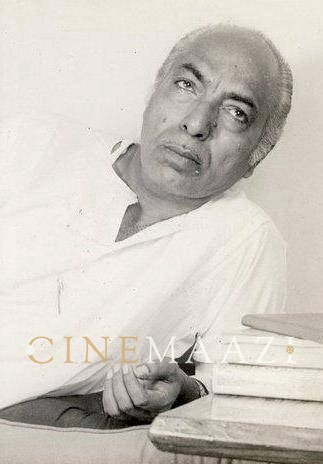
Subscribe to read full article
This section is for paid subscribers only. Our subscription is only $37/- for one full year.
You get unlimited access to all paid section and features on the website with this subscription.
Not ready for a full subscription?
You can access this article for $2 , and have it saved to your account for one year.
- Real Name: Jaswant Rai Sharma
- Born: 24 February 1928 (Lyallpur [renamed Faisalabad])
- Died: 22 January 2017 (Mumbai)
- Primary Cinema: Hindi
- Parents: Jagannathji Sharma
- Spouse: Kamlesh
- Children: Rajan Lyallpuri
Naqsh Lyallpuri was born in the Chak No. 118 village in Lyallpur (renamed Faisalabad), West Punjab (present-day Pakistan) on 24 February 1928. An engineer who worked in the power house, his father remarried when he was ten months old and his mother passed away. After finishing his primary education from Rawalpindi, Naqsh shifted to a hostel in Lyallpur city to continue his studies.
Naqsh Lyallpuri’s Urdu teacher in school always encouraged him to develop his writing prowess. Later, Naqsh moved to Lahore, where he started working with Hero Publication’s Urdu daily, Ranjeet Nigara, based in the city. Following Partition, he had to move to India. He came to Lucknow and tried to settle into the engineering line. This did not suit him, and he moved to Bombay in the summer of 1949. While there, he received a proposal to write a stage play for which the well-known actor Rammohan was cast as the lead. Impressed with the script and songs Naqsh penned, Rammohan introduced him to the director Jagdish Sethi. Sethi asked him to write a song for his film Jaggu (1952), set to music by Hansraj Behl. Apart from Naqsh, other lyricists like Asad Bhopali, Verma Malik, Bharat Vyas and A. Shah Shikarpuri were working on trial basis for the film. Naqsh wrote the cabaret song Main teri hoon tu mera hai for the film, visualized on Kuldeep Kaur. He continued his collaboration with Hansraj Behl in three more films, Sethi’s Pensioner (1954), Behl’s own Mast Qalandar (1955) and Jugal Kishore’s Gul-E-Bakawali (1963).
He worked on Sapan-Jagmohan’s Punjabi-language film Jijaji (1953), and when the film became a runaway hit, offers for Punjabi films started pouring in. He wrote 350 songs for approximately 40 Punjabi films. Soon, despite having started his career with a social film Jaggu, Naqsh was only being enlisted to write for C-grade stunt films. He worked with composers like Gulshan Sufi, Harbans, Shafi M Nagri , C Arjun, Sapan-Jagmohan and G S Kohli and wrote songs for many stunts films like Ghamand (1955), Rifle Girl (1958), Circus Queen (1959), Choron Ki Baraat (1960), Road No. 303 (1960), Black Shadow (1961), Zimbo Finds a Son/Zimbo Ka Beta (1966), Naujavan (1966) and Jaalsaaz (1969).
In Choron Ki Barat (1960), he shared the credit with four other lyricists – Farookh Ghazi, Saajan Bihari and Gulzar Deenvi, who is known as Gulzar today. Simultaneously, he continued writing for Hindi films like Teri Talaash Mein (1968), Captain Sheroo (1963), Sarfarosh (1964), Sangdil (1967) but he gained recognition with the 1970 release Chetna. The song Main toh har mod par tujhko dunga sada sung by Mukesh became a popular hit. The grand success of this film gave him the chance to work with all the great maestros including Madan Mohan, Jaidev, Ravindra Jain, Khayyam, Naushad and Shankar Jaikishan. Many of the songs that he wrote for them became huge hits, which included Rasme ulfat ko nibhayein kaise ( Dil Ki Rahen, 1973), Kai sadiyon se kai janmo se (Milap, 1972), Ulfat me zamaane ki har rasm ko thukrao ( Call Girl, 1974), Tumhe dekhti hoon to lagta hai aise (Tumhare Liye, 1978), Ye mulaqat ik bahana hai (Khaandaan, 1979), Mana teri nazar me tera pyaar hum nahin (Ahista Ahista, 1981), Chandni raat me har baar tumhe dekha hai (Dil-E-Nadaan, 1981), Qadar tone na jaani (Noorie, 1979), Na jaane kya hua and Pyaar ka dard hai (Dard, 1981), Chitthiye (Henna, 1991) and Mumtaz tujhe dekha (Taj Mahal, 2005).
He has also written songs for many television serials for Doordarshan and private channels. In a career spanning 60 years he worked with almost all the great composers of Hindi cinema. Naqsh Lyallpuri died at the age of 88 on 22 January 2017 in Mumbai. He was survived by his wife and three sons.



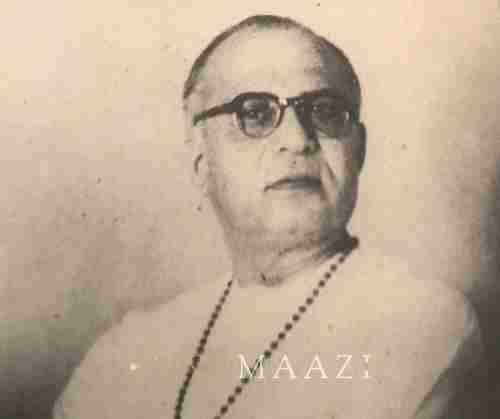
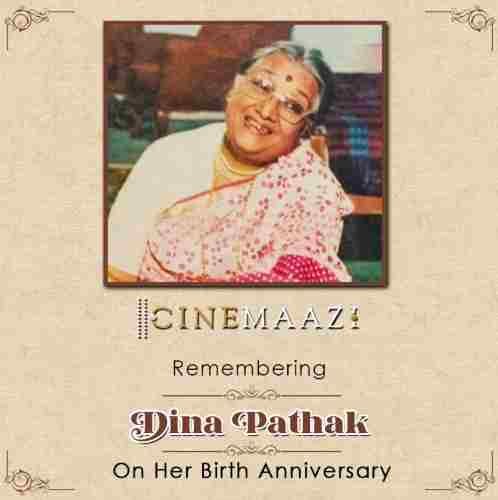
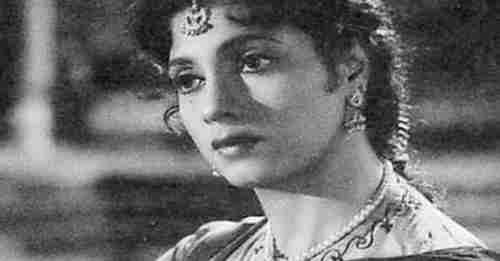


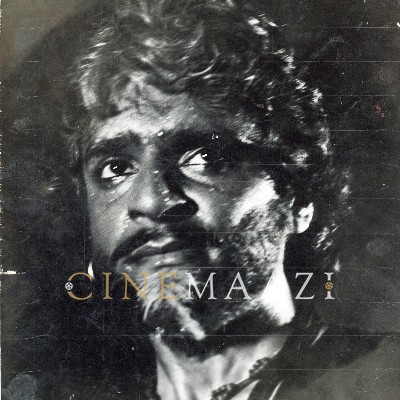

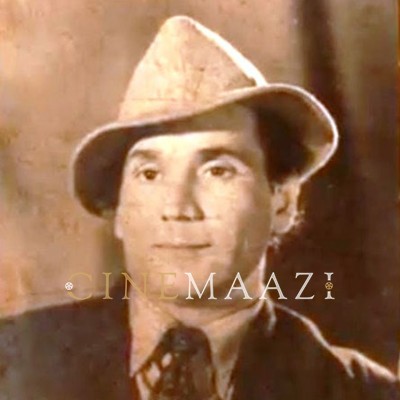

.jpg)



